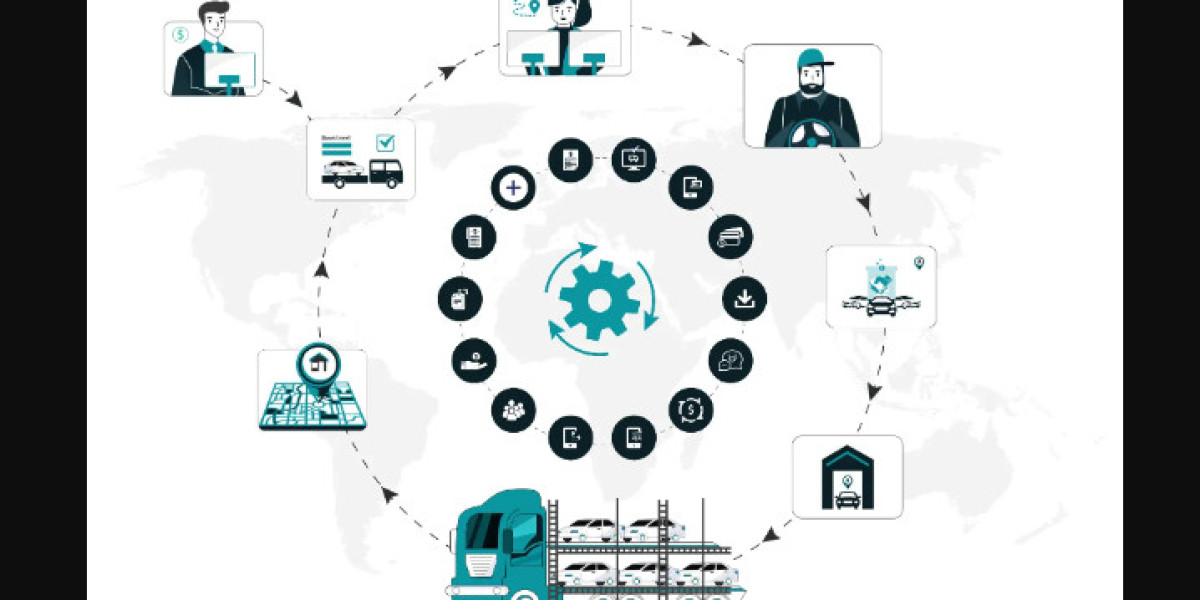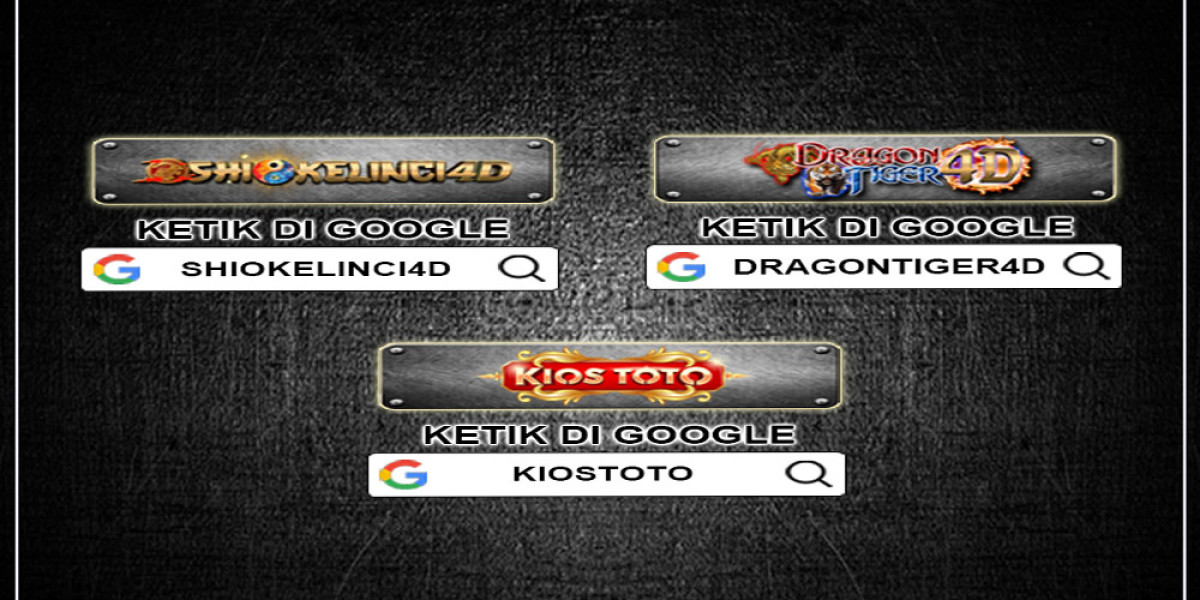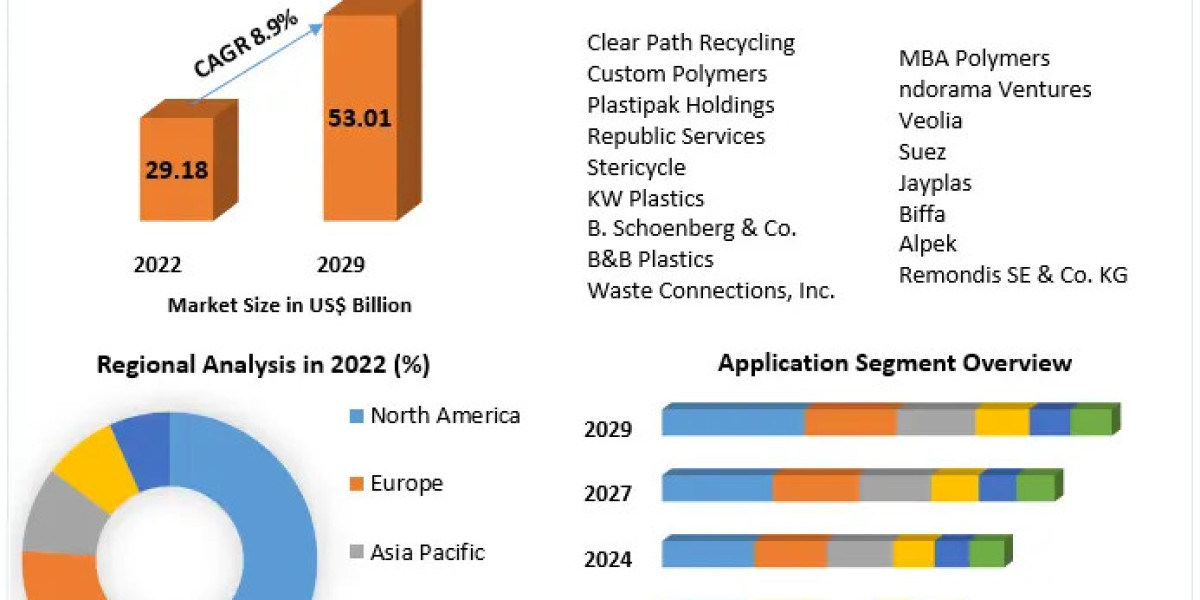Introduction: In an era defined by technological advancements, the logistics and transportation industry, including car shipping, has undergone a significant transformation. This article explores how technology has become a driving force behind the modernization of car shipping, bringing about increased efficiency, transparency, and overall improvement in the shipping process.
Real-Time Tracking Systems
One of the notable technological innovations in car shipping is the implementation of real-time tracking systems. Customers can now track the exact location and status of their vehicles during transit, providing peace of mind and transparency. This not only enhances the customer experience but also allows for prompt interventions in case of delays or unforeseen circumstances, contributing to a more responsive and accountable shipping process.
Automated Logistics and Route Optimization
Automation has streamlined many aspects of car shipping logistics. Automated systems help optimize shipping routes, ensuring the most efficient and cost-effective paths are taken. This not only reduces fuel consumption but also minimizes transit times, benefiting both the shipping company and the end customer. Automation also plays a role in load planning, enabling companies to maximize the capacity of their carriers and reduce overall shipping costs.
Digital Documentation and Paperless Processes
The days of extensive paperwork and manual documentation are gradually fading in the car shipping industry. Digital documentation and paperless processes have simplified administrative tasks, reducing the likelihood of errors and delays. Electronic bills of lading, invoices, and inspection reports contribute to a more streamlined and eco-friendly shipping process. This digital transformation enhances efficiency and ensures that critical information is easily accessible to all stakeholders.
Integration of Artificial Intelligence (AI)
Artificial intelligence (AI) is making inroads into car shipping, particularly in predictive analytics and risk management. AI algorithms analyze historical data to predict potential challenges during transit, allowing shipping companies to proactively address issues and mitigate risks. Additionally, AI is employed in predictive maintenance, helping companies identify and address potential vehicle issues before they escalate, thereby reducing the likelihood of transit disruptions.
Conclusion:
The integration of technology in modern car shipping is revolutionizing the industry, making processes more efficient, transparent, and reliable. Real-time tracking, automated logistics, digital documentation, and the use of AI are reshaping the way vehicles are transported. As technology continues to advance, we can expect further innovations that will enhance the overall experience for both shipping companies and customers, marking a new era in the world of car shipping.








